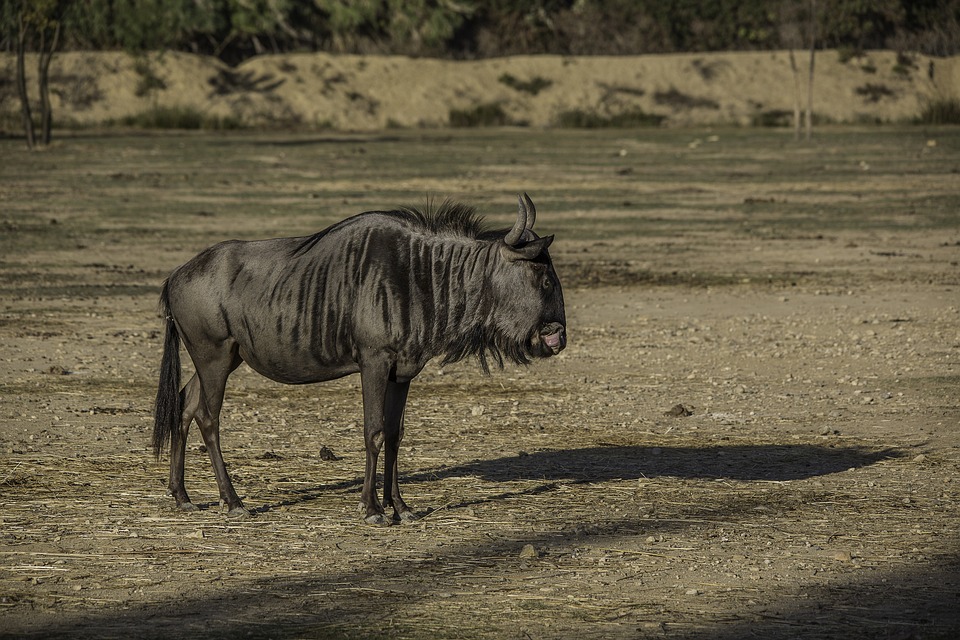In the tapestry of human history, customs and traditions have played a vital role in shaping societies and cultures. From the ancient practice of ancestor worship to modern-day harvest festivals, these customs provide us with a window into the beliefs, values, and practices of our ancestors. By tracing the origins of historical customs, we can gain a deeper understanding of our past and how it has influenced our present. In this article, we will explore the evolution of customs from antiquity to contemporary times, examining their significance and impact on society.
The Historical Context of Customs
Throughout history, customs and traditions have served as the glue that holds societies together. They provide a sense of continuity and connection to the past, reinforcing cultural identity and shared values. Many customs have their roots in ancient rituals and practices, passed down from generation to generation. Ancestor worship, for example, was a common custom in many ancient cultures, where ancestors were venerated and honored for their wisdom and guidance.
As societies evolved and cultures intermingled, customs began to change and adapt to new realities. The rise of organized religions, for example, brought about new customs and traditions that often blended with existing practices. Harvest festivals, which have their origins in agrarian societies, became intertwined with religious beliefs and rituals, celebrating the bounty of the land and giving thanks for a successful harvest.
The Current State of Historical Customs
In today’s globalized world, customs and traditions continue to play a significant role in shaping societies. While some customs have faded away with time, many others have endured and evolved to fit modern sensibilities. Harvest festivals, for example, are still celebrated in many parts of the world, albeit in different forms and contexts. In some cultures, these festivals have taken on a more commercialized tone, with farmers showcasing their products and consumers indulging in seasonal treats.
At the same time, there has been a resurgence of interest in ancient customs and traditions, as people seek to reconnect with their roots and heritage. Practices like ancestor worship, once relegated to the annals of history, are experiencing a revival in some communities, as people look to honor their forebears and seek guidance from the past.
The Future of Historical Customs
As we move into the future, it is likely that customs and traditions will continue to evolve and adapt to changing times. While some customs may fall by the wayside, others may experience a renaissance as people seek to reclaim their cultural heritage. In a world that is increasingly interconnected, customs that were once confined to specific regions or cultures are now spreading across borders, influencing and shaping new traditions.
Technological advancements are also likely to influence the evolution of customs, as people find new ways to celebrate and commemorate important events. Virtual harvest festivals, for example, could become the norm in a world where physical gatherings are restricted. At the same time, the digital age has made it easier for people to explore and learn about different customs and traditions from around the world, fostering a greater sense of cultural exchange and understanding.
Conclusion
In conclusion, the origins of historical customs offer us a glimpse into the rich tapestry of human history and the ways in which our ancestors sought to make sense of the world around them. From ancestor worship to harvest festivals, these customs have shaped our societies and continue to play a vital role in connecting us to our past. As we look to the future, it is important to honor and preserve these customs, ensuring that they continue to enrich our lives and provide us with a sense of belonging and identity.
Thank you for joining us on this journey through the origins of historical customs. We hope this article has given you a deeper appreciation for the customs that have shaped our world and inspired you to explore further the rich tapestry of human traditions. For more information on this topic, we recommend delving into historical texts, anthropological studies, and cultural exhibitions to deepen your understanding.
